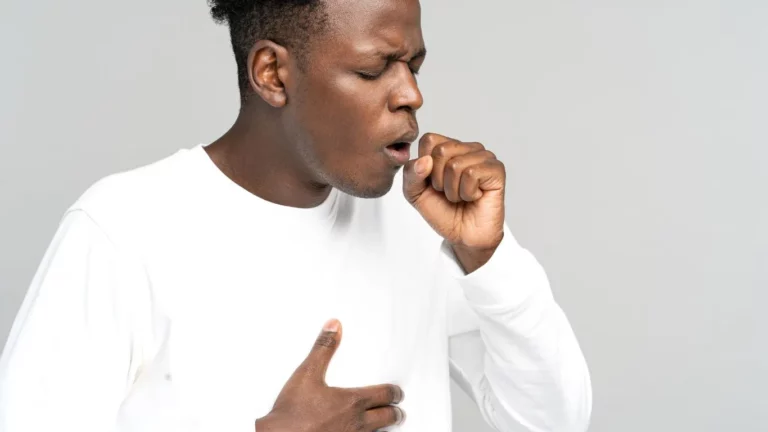High Blood Pressure and Joint Inflammation: What You Need to Know
Ever wonder if high blood pressure and joint inflammation are connected? Well, you’re not alone! Let’s dive into how these two conditions might be more related than you think and what you can do about it.
 Having high blood pressure and dealing with joint inflammation can feel like a double whammy. If you’re someone who has both of these health challenges, you’re probably asking yourself if one impacts the other, and what the best course of action is to feel better. It’s a bit complicated, but let me break it down for you in a simple way.
Having high blood pressure and dealing with joint inflammation can feel like a double whammy. If you’re someone who has both of these health challenges, you’re probably asking yourself if one impacts the other, and what the best course of action is to feel better. It’s a bit complicated, but let me break it down for you in a simple way.
What’s High Blood Pressure (Hypertension)?
High blood pressure, or hypertension, is when the force of your blood pushing against the walls of your arteries is consistently too high. Over time, this can lead to serious issues like heart disease, stroke, and kidney problems. It’s often called the “silent killer” because you might not even feel the symptoms until things have gone too far. 
What is Joint Inflammation?
Joint inflammation, on the other hand, is often linked with conditions like arthritis, where the joints (the parts where bones meet) become swollen, painful, and sometimes stiff. It’s commonly a result of the immune system attacking your own tissues, but it can also happen due to wear and tear over time or injury.
How High Blood Pressure Affects Your Joints
Now, let’s get to the juicy part—how are these two connected? Well, it’s a little bit tricky. The inflammation from joint issues can lead to higher blood pressure in some cases. The stress of living with chronic pain can increase your stress levels, and we all know that high stress can push blood pressure up. So, if you’re already battling high blood pressure, adding constant pain or discomfort from joint inflammation might just make things worse.
What Can You Do About It?
Okay, so we know these two can feed off each other. But what steps can you take to manage them effectively? Let’s go over a few strategies that might help you keep both in check.
1. Get Moving!
Exercise is one of the best ways to manage both high blood pressure and joint pain. Now, I know the idea of exercising when your joints hurt might sound daunting, but even low-impact activities like swimming, biking, or yoga can do wonders. Regular movement can help reduce inflammation in the joints while also keeping your blood pressure in check. Plus, it helps release those feel-good endorphins, which can lower stress. 
2. Keep an Eye on Your Diet
What you eat can really affect both high blood pressure and joint inflammation. For blood pressure, you want to focus on a diet rich in fruits, veggies, whole grains, and lean proteins. The DASH diet (Dietary Approaches to Stop Hypertension) is super popular for this. For joint inflammation, certain foods like omega-3 fatty acids (found in fish like salmon), turmeric, and ginger have natural anti-inflammatory properties. Plus, cutting back on processed foods and sugar can help both conditions in the long run.
3. Manage Stress
Stress is a major contributor to both high blood pressure and joint inflammation. Stress can cause your body to release cortisol, which increases blood pressure and inflammation. Simple things like deep breathing exercises, meditation, or even spending time with loved ones can help manage stress levels. And trust me, it’ll do wonders for your blood pressure and your joints!
The Takeaway
High blood pressure and joint inflammation can go hand-in-hand, but managing them together is totally possible. With the right exercise, diet, stress management, and medical care, you can keep both in check and live a much healthier life. 
Appendices
FAQs
- Can high blood pressure make joint pain worse?
Yes, the stress and inflammation caused by high blood pressure can make joint pain feel more intense over time. - Are there any foods that can help reduce both blood pressure and joint inflammation?
Absolutely! Omega-3 fatty acids, found in fish like salmon, and anti-inflammatory spices like turmeric and ginger can help manage both. - How does exercise affect joint inflammation and high blood pressure?
Low-impact exercise like swimming or walking can reduce joint inflammation and lower blood pressure by improving circulation and reducing stress. - Should I avoid certain medications for high blood pressure if I have joint pain?
Some medications, like certain diuretics, can worsen joint pain by causing dehydration. It’s best to talk to your doctor about your specific medications. - What lifestyle changes can I make to manage both conditions?
Maintaining a healthy diet, staying active, managing stress, and ensuring proper hydration are key ways to manage both high blood pressure and joint inflammation.
References
- National Institute on Aging. (2024). High Blood Pressure and Joint Pain: What You Need to Know. Read Article
- Mayo Clinic. (2023). Managing Hypertension with Arthritis: Tips for Better Health. Read Article
- American College of Rheumatology. (2022). Joint Inflammation and Hypertension: A Growing Concern. Read Article
Disclaimer
The information provided in this article is for educational purposes only and is not a substitute for professional medical advice. Always consult with your healthcare provider for advice tailored to your specific health needs.

Dr. Gwenna Aazee is a board-certified Internal Medicine Physician with a special focus on hypertension management, chronic disease prevention, and patient education. With years of experience in both clinical practice and medical writing, she’s passionate about turning evidence-based medicine into accessible, actionable advice. Through her work at Healthusias.com, Dr. Aazee empowers readers to take charge of their health with confidence and clarity. Off the clock, she enjoys deep dives into nutrition research, long walks with her rescue pup, and simplifying medical jargon one article at a time.






